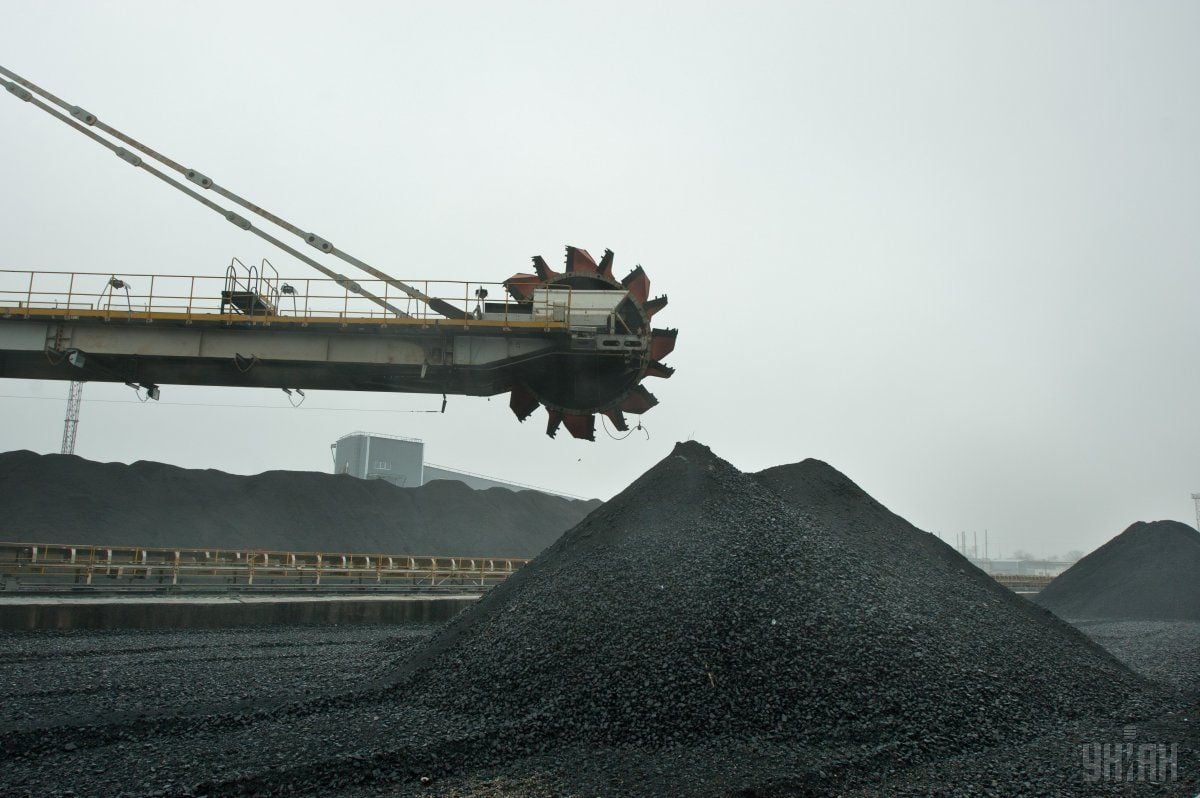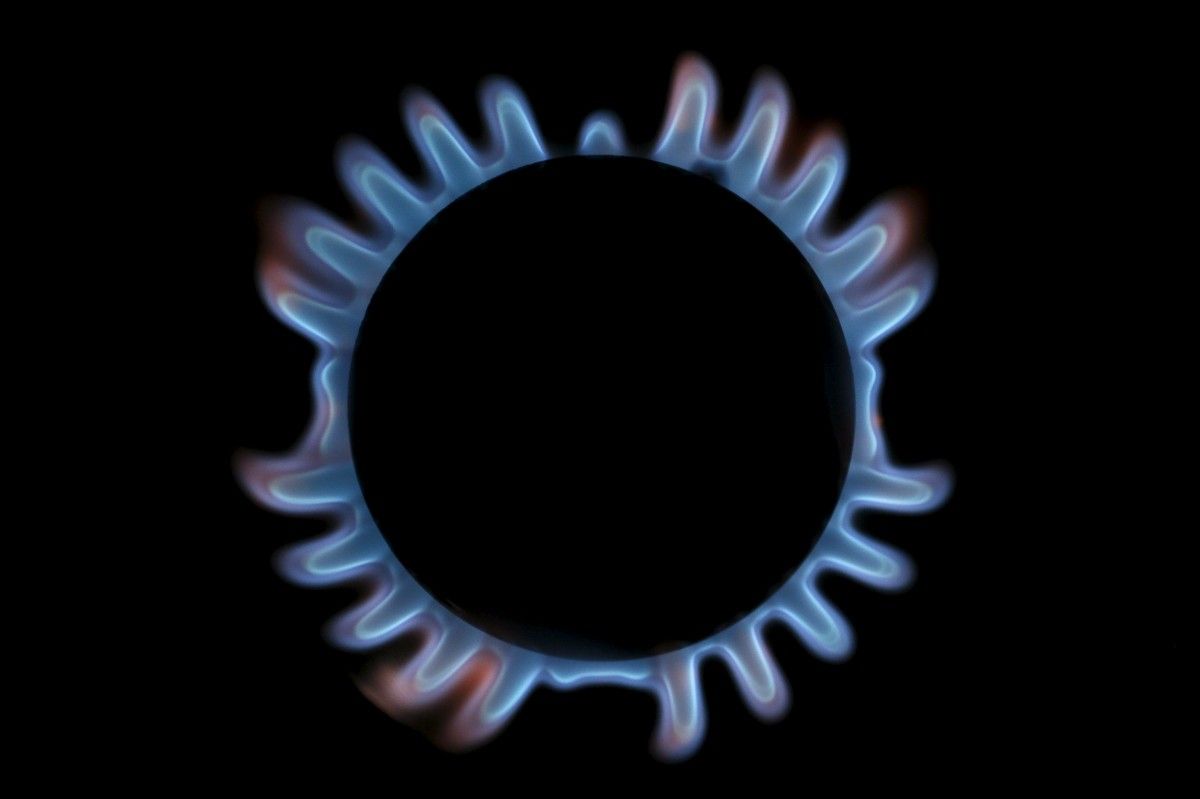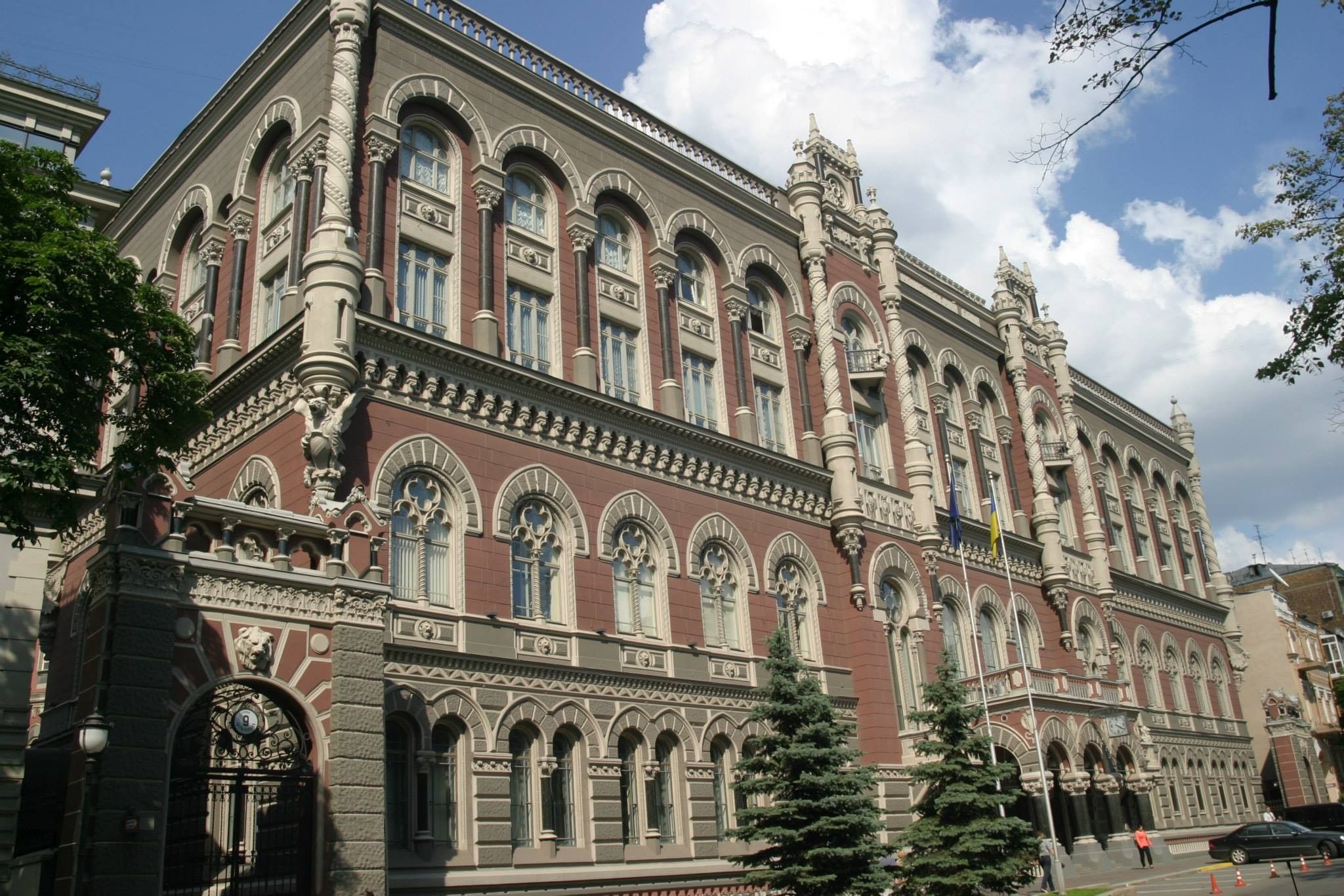
Week’s balance: macroeconomic optimism, separatist coal, and Naftogaz reform
The Ukrainian Cabinet published an optimistic outlook for the national economy, the energy companies resumed coal deliveries from the zone of the Anti-Terrorist Operation, while Ukraine is in no hurry to purchase Russian gas – these are the main economic news of the past week.
Last week, the Government led by Volodymyr Groysman radiated 100% optimism. This was clearly evident by the approval of a three-year economy development target program for 2017-2019. Thus, the growth of GDP and industrial production should amount to 3-4% per year. At the same time, the growth of real wages and social standards should be at 5.4%.
These figures look rather optimistic indeed, especially considering that in 2014-2015, the Ukrainian GDP dropped 6.8% and 9.9%, respectively.
"From my perspective, the growth could be much higher. The country has a significant potential. Transparent privatization, deregulation, development of international markets, deepening of processing will give higher growth," Prime Minister Groysman said with confidence.
In turn, Deputy Minister of Economic Development Julia Kovaliv predicted a 1% GDP growth this year and a 14% inflation rate. According to Kovaliv, positive macroeconomic indicators will be achieved along with the influx of foreign investment.
Vice-Prime Minister Pavlo Rozenko announced some more good news – the projected wage growth will be recorded for the first time in three years. Moreover, it will boost the overall growth of social standards. "The growth will be higher than inflation," said Rozenko.
Of course, the Cabinet also considered a pessimistic scenario of economic development - GDP growth at just 1.5% in 2017 and 2% in 2018.
However, while the optimistic scenario is based on the investment in the real sector being the main engine of development, the pessimistic scenario can become reality against the background of weakening demand and deceleration of processes of economic modernization.
Meanwhile, the figures provided by the Government are not final and are subject to change. "The question arises that we do the forecasting too. But even in countries with stable economies, the economic outlook is published 2-3 times a year. We also have a factor of the situation in the east [in the ATO zone]. And it will be right if introduce certain amendments," said First Deputy Prime Minister Stepan Kubiv.
It is worth noting that the approval of the main indicators of Ukrainian economy is necessary to ensure that the country can adequately repay from 2019 on its obligations under the bonds issued, which were restructured in November 2015.
Coal to the rescue

Last week, the minister for the temporarily occupied territories and internally displaced persons Vadym Chernysh announced some very important news – Ukraine’s energy companies after a one-month pause resumed the purchase of anthracite coal from the occupied areas of Donbas.
The significance of this news is explained with the fact that coal grade A at the warehouses of the thermal power stations was melting each day, finally reaching the minimum volumes. Besides, Ukraine’s Energoatom could not spot the TPPs as a large number of nuclear power units had been shot down for maintenance for various reasons.
At the beginning of last week, the situation with the united energy grid looked depressing. In addition, because of the heat, the electricity consumption increased by 11.6% to 381.7 million kWh.
As a result, there has been a shortage of electricity production in Ukraine at 1 MW.
To avoid rolling blackouts, the experts from the state-owned Ukrenergo had no choice but to call on industry and the public to consume electricity consciously and rationally amid such heat.
It is likely that scheduled shutdowns were planned, as it was in winter 2014-2015. UNIAN learned that at the same time, plan B has been drafted for saving the energy grid, involving the production of electricity at the currently idle oil-gas units, as well as electricity imports from Belarus or Moldova. But the simplest and quickest solution to the problem was to unlock coal supplies from the ATO zone. In fact, that’s what happened mid-week.
However, Chernysh stressed that full security of coal transportation has not been ensured, as there is an ongoing fighting in the area, but "through the efforts of the special monitoring mission and the agreements at the level of the Ukrainian and the Russian governments in Minsk the relative security at certain railway segments where coal is transported can be ensured."
The press service of DTEK Energy (the company controls about 70% of Ukraine’s thermal generation) confirmed that the coal supply from the areas of Donbas beyond government control remain extremely unstable, and coal supplied gets burned at TPPs almost immediately. DTEK has called the public to restrain optimism, saying that in order to secure stable operations of TPPs through the heating season, another 500,000 tonnes of mark D coal must be accumulated (coal of this grade is mined in the government-controlled territory) and 700,000 tonnes of grade A coal (deficient anthracite). The situation can also be saved with imports but, according to the "DTEK", there are obstacles in the form of lower tariff for electricity generated from coal at TPPs. In addition to energy prices, Rinat Akhmetov’s company also advocates a new coal pricing formula, known as "Rotterdam plus shipping,” which was approved by Ukraine’s energy and utilities regulator – NEURC – back in April. Surprisingly, however, the prime minister strongly opposed the formula and even channeled to the president the information about the threats of the introduction of "Rotterdam plus shipping." At a Cabinet meeting July 1, Groysman once again called the formula unacceptable reminding that had already instructed his subordinates several times to deal with it. Presentation of the results of the government audit was scheduled for July 6.
Gazprom's restless gas

After a certain lull, the news concerning the gas issues last week hit like a fountain. Head of the Russian Gazprom Alexei Miller suggested that Ukraine in the third quarter buy gas at a price of $165.57 per 1,000 cubic meters. But Naftogaz CEO Andriy Kobolev immediately retorted: based on calorie value, Gazprom’s gas will actually cost $173 per 1,000 cubic meters – not $165.
Since late 2015, Ukraine has not been purchasing gas from Gazprom, and it is in no hurry to resume such practice. In particular, Naftogaz CEO noted at flaws of the contract signed in 2009 by Yulia Tymoshenko (prime minister at the time) and offered to Gazprom to spell out the conditions of possible deliveries in the supplementary agreement. Moreover, the price of the Russian and European gas to Ukraine is almost equal. In addition to this, Kobolev noted that he looked forward to the adoption of a decision by the World Bank to allocate $500 million of loan funds this fall for financing supplies of natural gas to Ukraine.
In addition to gas imports, an important issue is gas transit. According to Kobolev, to maintain the volume of transit of Russian gas to Europe, it is important to divide the structure of Naftogaz. This was the step the Cabinet took last week. The Government has taken a decision to approve the company’s restructuring plan. It provides for the separation from Naftogaz of the activity on transportation and storage of natural gas (in fact, that is the activity of Ukraine’s gas transportation system operator Ukrtransgaz). This decision, according to Stepan Kubiv, will not allow the members of the supervisory boards of separated companies to hold positions in the sphere of energy sales.
It is important to note that this is the first step toward the reform of Naftogaz. Besides separating the transportation component (together with the underground storage facilities) into an isolated structure, in the future, the segments of hydrocarbon production and sales are to also gain independence from the company. To this end, a meeting is scheduled for July 4-7 between the officials from the Ministry of Energy and Coal Production and the European Bank for Reconstruction and Development and the World Bank, with the participation of lawyers involved in litigation with Russia in the Stockholm arbitration.
National Bank records positive changes

The past week was also rich on banking news. The NBU managed to refute in court the attack of the shareholders of Unison bank, who demanded to cancel the regulator's decision on the recognition of the bank as troubled and insolvent.
Meanwhile, the Deposit Guarantee Fund has decided to extend the terms of liquidation of Kyivska Rus Bank for 2 years – until July 16, 2018; and the sale of collateral of some other banks, such as Forum, Stolychniy, Brokbusinessbank, Kyiv, Porto Franco, Active-Bank, Zlatobank, Melior Bank, Daniel, National Credit, City Commercial Bank, Prime Bank, and Contract.
The story of the bankruptcy of Bank Mykhailivskiy has resurfaced again. On June 30, Kyiv city prosecutor's office has put into the Unified Data Register of pre-trial investigations the file regarding the case probing a possible bringing the bank to bankruptcy. According to Pavlo Rizanenko, an MP and representative of the parliamentary committee on finance and banking policy, pre-trial investigation was entrusted to the Kyiv Department of the National Police while procedural management will be in the hands of the prosecutor's office. The MP expressed his discontent with the NBU policies, as the regulator has failed for two years to notice the fraud of the bank’s shareholders and management.
Despite criticism of the NBU policies, Deputy Governor of the National Bank Vladyslav Rashkovan, while presenting a report on the two years of work of the NBU’s team last week noted the following positive points: the banking system became transparent in terms of the banks’ shareholder structure (98.7% of ownership was disclosed); the NBU cut its key policy rate to 16.5%; the international reserves increased to $13.5 billion; and the authorized capital of banks rose by 18% to $257 billion against the background of reduced amount of solvent banks from 147 to 109.
Dmytro Sydorov (UNIAN)

